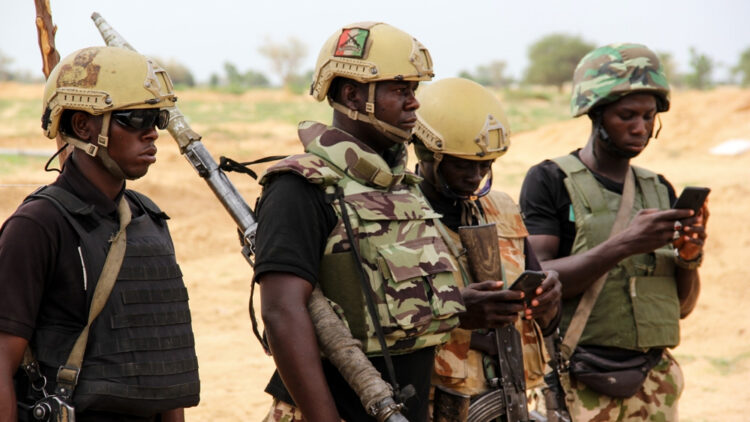By Martin Cole-
Armed men abducted 317 girls from the Government Girls Secondary Scol in Jangebe, Zamfara state.
One police officer was killed during the attack in the second mass abduction in as many weeks, perpetuating an alarming trend going back to 2014, when the violent extremist organization (VEO) Boko Haram abducted 276 girls from a school in Chibok, Borno state.
Abductions have become the norm in Northern Nigeria, and is growing out of control.
The latest school to be hit was meant to be under the protection of the Nigerian military. The kidnappers attacked the troops as part of a diversion to allow the kidnapping to occur.
These days abductions are conducted by organized criminal gangs (locally known as bandits) that working on behalf of Boko Haram or, imitating their tactics for another revenue stream. The overall aim of the attacks is to end western education in those parts of Nigeria.
Security failures are amongst the main worries of Nigerians across the country, but the security crises is most serious in the Northern parts of Nigeria.
Rising unemployment rates, an abysmal level of power supply, and poor infrastructure are among the daily problems facing millions of Nigeria, in the face of other multiple complex issues.
In 2015, Boko Haram began used girls as young as 10-years old to carry out suicide attacks. The attacks continued through 2017.
Last year, at least 76 farmers were murdered by the VEO. In each case, the government was unable to mount an effective counter-response. Worse, last year’s End SARS protesters were fired upon by their own military – the exact type of violence the movement was protesting. It didn’t help that the military denied the incident and was never held accountable.
Inter-ethnic violence is also on the rise.
The Indigenous Peoples of Biafra (IPOB), are at war with the Buhari government, whom they accuse of favouring Muslims against the mostly Muslim Fulani people.
Fighters from the so-called Islamic State West Africa Province (ISWAP) stormed the town in Borno state three times in a week to strike a military garrison, burning homes and a UN office, and killing at least 12 people, the UNHCR said on Friday.
The High Commission for Human Rights last month called for victims to be provided with specialized physical and psychological rehabilitation to reintegrate into their communities and to overcome stigma.
Ten experts called upon Nigeria’s government to make victims’ care a priority and, among other things, “to adopt effective preventive measures” against abduction and “to strengthen protection measures for children at risk. The task appears to be completely out of control, leading some experts to conclude there might be a case for special intervention from the UK and the US.
The legal form foreign intervention can take has not identified, and may require the formal request of the Nigerian government itself to keep the chaotic situation in Africa’s most populous country, under control.

